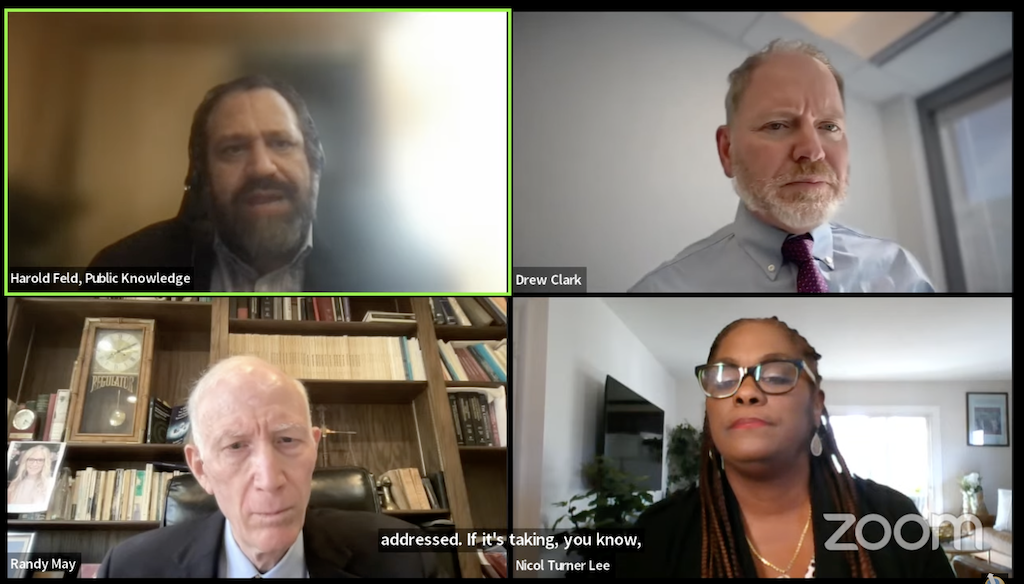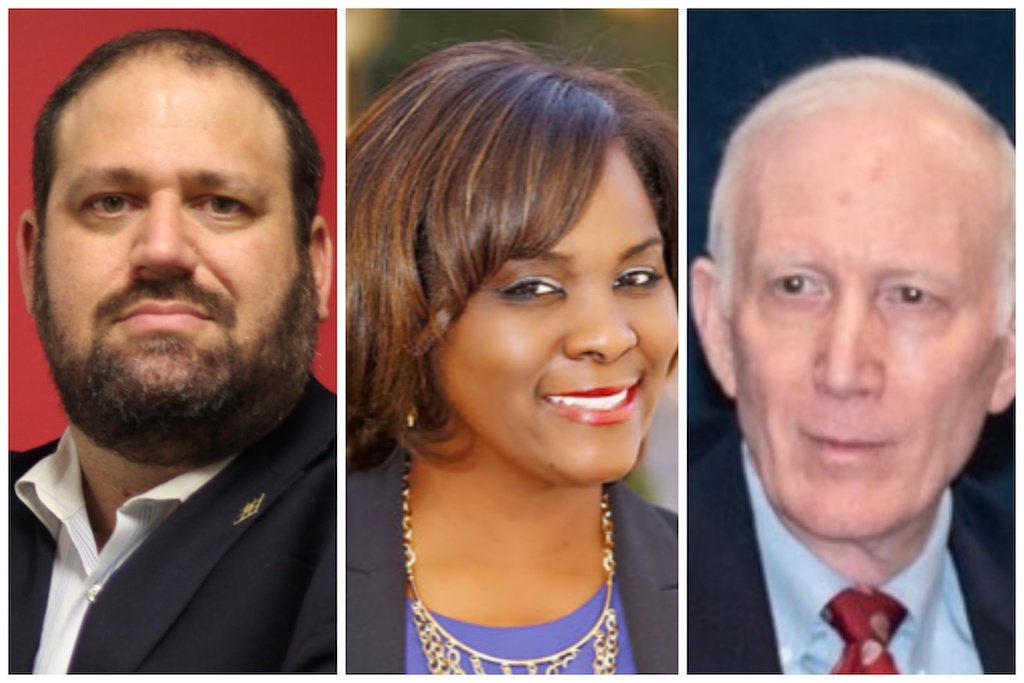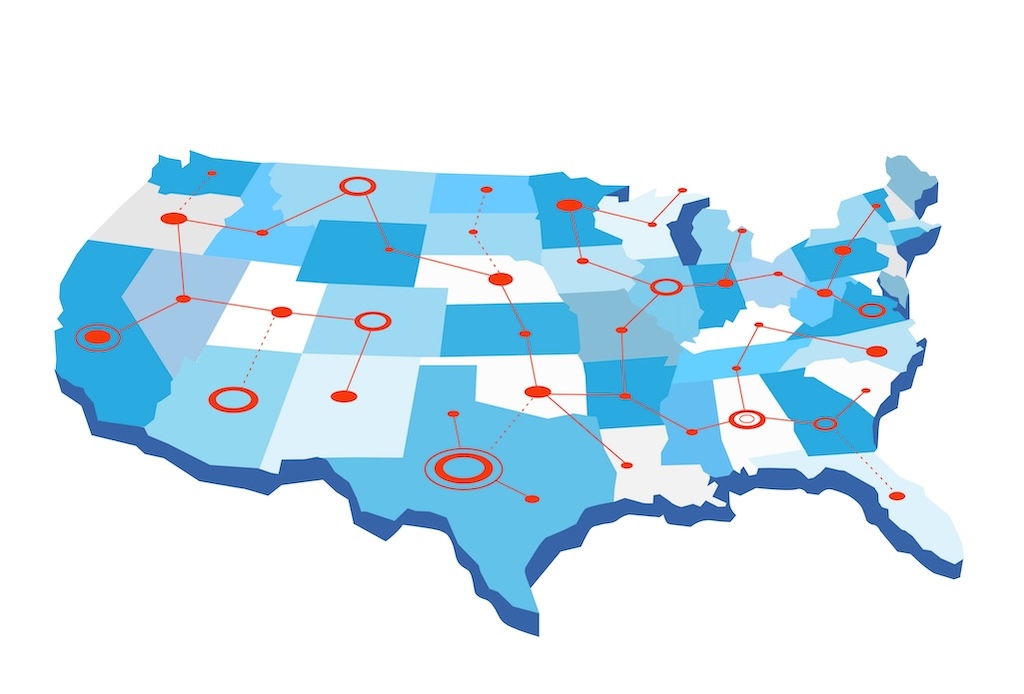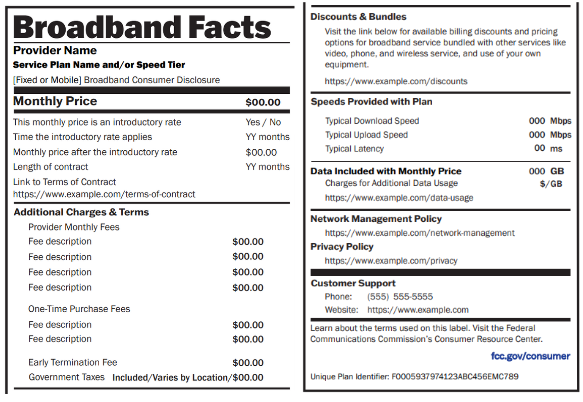Experts Still Disagree on FCC’s New Digital Discrimination Rules
The FCC rules have drawn strong pushback from industry groups and praise from Democratic leadership.
Jake Neenan

WASHINGTON, November 29, 2023 – Experts disagreed on Wednesday on the potential impacts of the Federal Communications Commission’s new digital discrimination rules.
The 2021 Infrastructure Act mandated that the FCC develop rules to address gaps in broadband access based on race, income level, and other characteristics, known as digital discrimination. The commission approved such rules on November 15, adopting a “disparate impact” standard for identifying digital discrimination. That means it will scrutinize practices that result in disparate broadband access for protected groups, regardless of whether that result was intended by providers.
 Broadband BreakfastBroadband Breakfast
Broadband BreakfastBroadband Breakfast
Harold Feld, senior vice president at public interest group Public Knowledge, said at a Broadband Breakfast Live Online event that the rules would remedy the “worst and most visible disparities” in broadband access.
“The situation where you have an ISP offering fiber in the suburbs and 25-year-old DSL in the urban core, I think that is the sort of situation that will be addressed,” he said.
The commission will have its full suite of enforcement actions available to sanction companies it finds to be in violation of the rules. Those investigations will be initiated through an informal complaint process.
Randy May, founder of the conservative Free State Foundation, said he thought the rules would result in the FCC “micromanaging” broadband providers and discouraging investment at a time when the government is making a historic effort to expand internet access.
That’s an argument that AT&T, Verizon, and multiple industry groups made to commission staff in a lobbying push throughout the rulemaking process. They said a disparate impact analysis would result in companies being sanctioned for routine business practices and disincentivize broadband deployments.
Feld said fears about the rules impacting the Broadband Equity, Access and Deployment program, the Biden administration’s $42.5 billion broadband expansion effort, were unfounded. The rules exempt companies receiving money from BEAD or the Universal Service Fund, an FCC subsidy, under the assumption that the terms of those programs already prevent disparate deployments.
“If anything, the order has created an incentive to participate in these federal programs,” he said. “If you think you’re going to be stuck in some kind of rate proceeding, then take BEAD money and provide service to these communities.”
Our Broadband Breakfast Live Online events take place on Wednesday at 12 Noon ET. Watch the event on Broadband Breakfast, or REGISTER HERE to join the conversation.

Wednesday, November 29, 2023 – FCC’s Digital Discrimination Order
The FCC just struck the gavel on a set of rules aimed at holding telecom companies accountable for business practices that result in digital discrimination, whether intentional or not. This decision has intensified an ongoing debate that began when the rule proposal was initially released for public comment in December 2022. Congressional Democrats, civil rights groups, and internet advocacy organizations support the Democrat-led agency, emphasizing the “disparate impact” standard of the rules to ensure universal access to broadband. On the other hand, telecom companies, trade groups, and their allies express concerns about the potential chilling effect these rules might have on broadband investment nationwide. What are the practical impacts of digital discrimination rules on broadband rollouts? Will the rules ensure equitable internet access for all Americans?
Panelists
- Harold Feld, Senior Vice President, Public Knowledge
- Nicol Turner-Lee, Director of the Center for Technology Innovation, Brookings Institution
- Randy May, Founder and President, the Free State Foundation
- Drew Clark (moderator), Editor and Publisher, Broadband Breakfast
Panelist resources
- FCC Approves Strong Digital Discrimination Rules, Broadband Breakfast, November 15, 2023
- Sen. Schumer, Democrats, FCC Chairwoman Tout Anti-Discrimination Rules, Broadband Breakfast, November 15, 2023
- The FCC’s Digital Discrimination Order: An Overreach in Pursuit of a Worthy Goal, Free State Foundation
- FSF Comments Explain Why the FCC Is About to Commit to Conducting Utility-Style Rate Cases
- FCC Comments Explain How the FCC Should Interpret Economic Feasibility, Free State Foundation












Member discussion